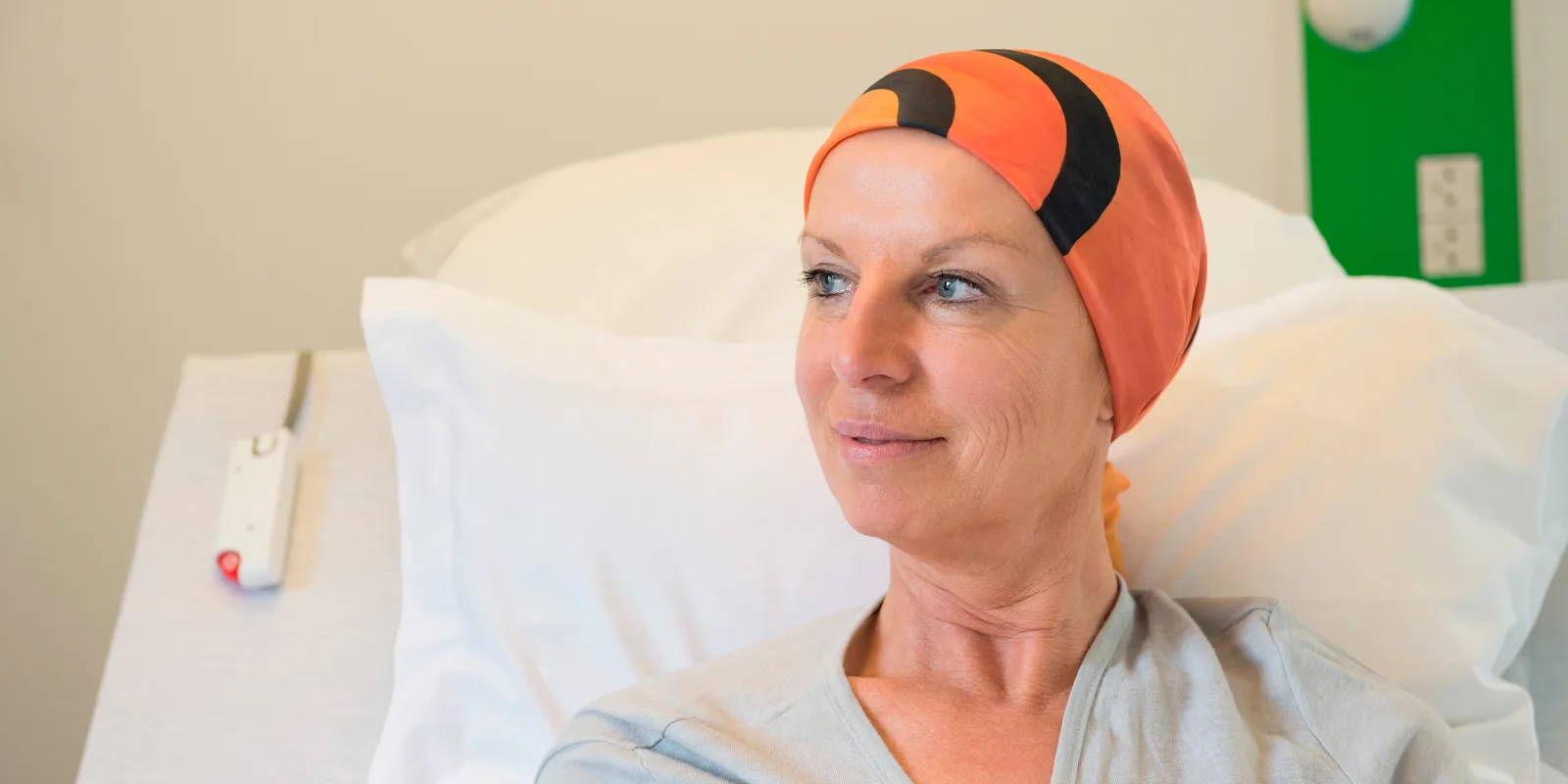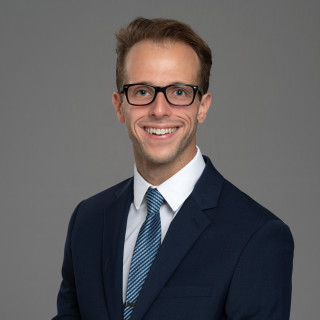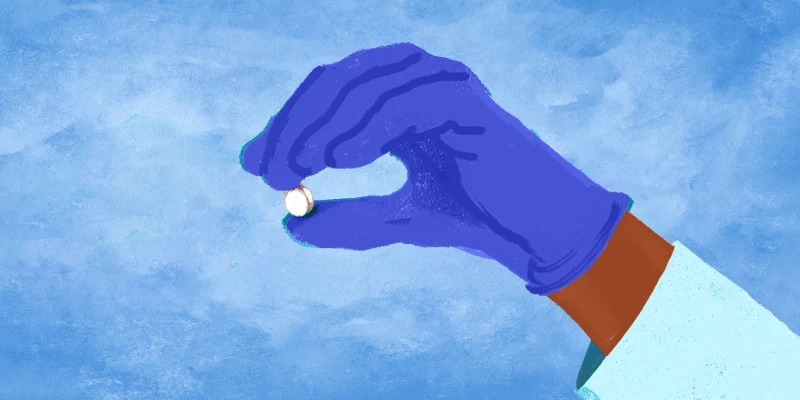It was a dark February evening in the bleak of a Chicago midwinter. I had spent the past two weeks on the surgical oncology service, with each day in the ICU and OR both a physical and emotional battle for me. Having lost my mother to breast cancer roughly 10 years ago, I was faced with the daunting task of providing care and reassurance to some of the most unfortunate patients at my hospital while simultaneously maintaining my composure and professionalism. My two weeks on the service had drained me more than any clerkship experience I'd ever had –– continually testing my psychological stamina as I faced constant reminders of my past. With each new diagnosis, each new surgery, and each new poor prognosis, I had to fight for my patients and for my own emotional well-being. I became used to the noises and sounds on the floor, the voices of patients interacting with their medical teams. Aside from a few nights lying awake as I thought about the patients on my service, I thought I had been mostly successful in keeping a viable balance between the hospital and my headspace at home. That is, until we admitted Ms. E to our service.
I first met Ms. E in the ED on that dark February evening. She had a known history of breast cancer recently found to be metastatic to her lungs and liver, and was brought in by her daughter due to increasing shortness of breath. I was immediately taken aback by how strikingly she resembled my mother: her blue-green eyes, demeanor, and short hair covered by a pink bandana transported me back to my mother’s own hospital room. I had been tasked with taking her history and performing a physical examination, but instead, we spent two hours simply talking, human to human. She told me of her former profession as an elementary school teacher, how much she loved her husband and two daughters, and how she wanted to get well enough to spend whatever time she had left with her family. We shared a connection that I had never before experienced with a patient. Throughout her hospital admission, I visited her every afternoon after our team had completed daily notes, orders, and tasks. The more I learned about her, the harder it became to see her on rounds each morning. Despite her chemotherapy and radiation therapy, she was dying. That she continued to maintain her endearing optimism in spite of her worsening condition made it that much more difficult to visit her each afternoon for our chats. As the days passed, it became unavoidably clear to me that I would soon need to confront the same emotions I had buried away so deeply after my mother’s passing.
On a slow Friday afternoon, that painful reality set in as I learned Ms. E’s family had expressed interest in transferring her to hospice care. Filled with grief, sadness, and fear, I made the walk from my team’s workroom to Ms. E’s hospital room for our routine afternoon chat. I knew that my opportunities to speak with her were limited, so I walked slowly, thinking that my pace would somehow slow down the passage of time and the progression of her condition. I tried to remember how I felt on that dark evening in 2009 when my mother passed — the raw emotions I had neglected to recognize upon leaving my mother’s hospital room for the last time resurfacing to haunt me — but before I knew it, Ms. E’s optimistic voice and smile greeted me at the doorway to her hospital room. I told her that I was not scheduled to work over the weekend, but that I would look forward to seeing her again on Monday to resume our now week-long tradition. “See you Monday, Ms. E,” I said mindlessly and defeated.
I will forever regret those words.
When I arrived at the hospital early Monday morning, it was strangely quiet on our team’s floor. The noises and sounds I had become so accustomed to were uncharacteristically absent. I did not hear the voices of patients interacting with their medical teams, and a few patient rooms were vacant, including Ms. E’s. When I went to print out our patient list for rounds, Ms. E’s name was missing. I started to panic. I quickly walked to her room, only to find it empty. Tears rushing down my face, I found out that Ms. E had passed on Sunday night. Emotions overcame me as I realized that I had lied to Ms. E. With the utterance of five words, I had provided false reassurance to a patient with whom I had grown so close. Had my mother’s death not taught me to cherish every moment with those I cared so deeply about? With my first patient death, I felt as if I had lost my mother a second time.
My experience with Ms. E has wholeheartedly allowed me to recognize that the preciousness of time is not merely reserved for friends and family — it is also comprehensively applicable to each patient I work with as a health care worker. While I may not experience the same bond I shared with Ms. E with all of my future patients, her passing has contextualized for me the importance of the words I speak to patients and their families. Since the conclusion of my surgical oncology clerkship, I have been careful to exercise care not only with the treatment plans I help create for my patients, but also with the words I speak to them and their loved ones. And though I will never have the chance to speak with Ms. E again, her memory lives on through the words I share with my patients — past, present, and future.
Joshua E. Insler is a fourth-year medical student at Rush Medical College of Rush University Medical Center in Chicago. A native of Cleveland, OH, Insler is pursuing a career in academic surgery while simultaneously keeping up with his passion for music, fitness, and bagel-baking.
All names and identifying information have been modified to protect patient privacy.




